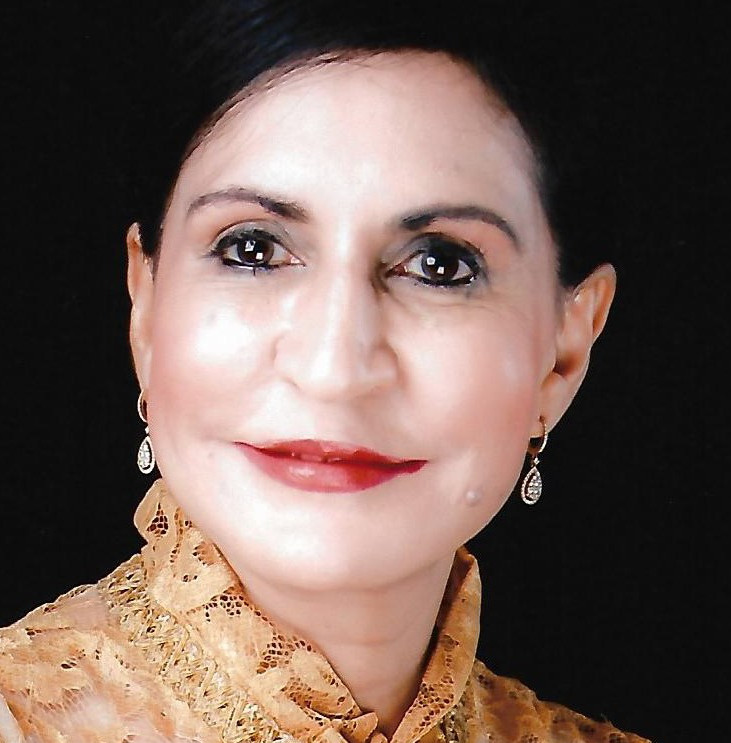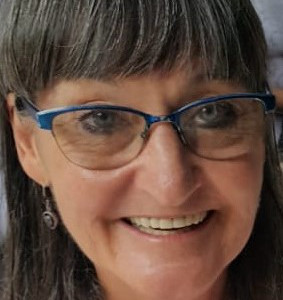Onesisa Mtwa
The primary goal of the DG Murray Trust (DGMT) is to advocate for a strong regulatory environment that imposes reasonable limits on the sale and consumption of alcohol to reduce binge drinking and heavy drinking. Binge drinking is when a person drinks more than five drinks in one sitting, while heavy drinking relates to the continuous use of alcohol which has negative social, public health and economic effects on a country and its people. DGMT is advocating for the Liquor Amendment Bill to be brought back to the national legislature and for policymakers to tighten certain clauses in the Bill that would ban advertising, introduce minimum unit pricing, and regulate when and where alcohol is sold. There has been no visible movement on the Bill since 2016. While the Bill is not the silver bullet to reducing alcohol related harm, it can serve as a springboard to improving alcohol control at all levels of government for the benefit of the public.
The advocates for stronger regulation
A webinar funded by the DGMT and hosted by the Mail & Guardian discussed the merits of the Bill. All the speakers agreed that working together is the way forward — NGOs and government departments must pool their resources to save lives and limit alcohol abuse. Awareness and advocacy are effective means to lobby for change.
Onesisa Mtwa, Innovation Manager at DGMT, kicked off the webinar by stating some of the adverse effects of alcohol. She also outlined some of the basic precepts of the proposed Bill, which will tighten the control of alcohol in several ways, although it has not yet been adopted. Mtwa was joined by advocates from government and civil society who are in favour of a stronger regulatory environment.
 Dr Shaheda Omar
Dr Shaheda Omar
Dr Shaheda Omar, Director of the Teddy Bear Foundation, was among the speakers. She cited the recent Enyobeni tavern tragedy, in which 21 young people lost their lives. She said she sees the effects of alcohol daily at the Teddy Bear Foundation, which tears apart families and communities. There is a strong correlation between alcohol and abuse, which can be passed down over generations. Advertising glamourises the use of alcohol for children, who seem to have far too easy access to it. This results in risky behaviour, which can result in, for example, unintended and early pregnancies.
Caro Smit, Director and Founder of South Africans Against Drunk Driving (SADD), said that alcohol abuse leads to an enormous amount of car crashes; about 58% of accidents involve alcohol. People who are alcohol dependent think they can drive well, but their driving is impaired. SADD supports the victims of drink driving; they often don’t have rights, such as the right to a lawyer. It also protests outside the courts, as it is not only the 9 000 people who die each year — it is the families that are affected.
Smit mentioned that her son was killed by a driver on his way home from an office party. In her experience, she said drunk drivers often display remorse initially, but then may find ways to justify how the event occurred. There is a huge cost on the family, who may be forced into tough financial times. SADD has been working in universities for years, educating students about the harms of alcohol. Many students drink heavily, which may lead to under-achieving or failure. Those who are physically harmed in drink driving incidents often suffer for the rest of their lives.
Siza Magangoe, Chief Director, Social Crime and Substance Abuse at the Department of Social Development, said there is a national plan to deal with the issue of alcohol and drug abuse, for which there are education campaigns in schools and others in tertiary education institutions. “The tragedy of Enyobeni reminds us that we have failed to protect the children in this country. We cannot work in silos; NGOs and government must work together,” said Magangoe.
 Siza Magangoe
Siza Magangoe
Alcohol is the number one drug of choice for the youth, she said. This tragedy calls on us to examine our interventions and see where they are falling short. How are we going to turn things around, and what will this cost? “We need a radically different approach to bring about tangible change.”
Liquor Amendment Bill
Mtwa asked the speakers to talk about the proposed Liquor Amendment Bill. Omar said that the Bill is important because children who have alcoholic parents are four times more likely to be neglected and three times more likely to be subjected to abuse. Stricter legislation is needed. The alcohol industry is very powerful; adverts push the message that social mobility and success are associated with drinking. It is easily available to children at taverns and other places. Omar said that some parents even send their children to buy it. Children are sometimes denied food and shelter, or exposed to violence because of alcohol. Some are malnourished and forced to skip meals because money for basic essentials is spent on booze. We all need to work together to prevent further harm being done. Stricter measures must be put in place to ensure alcohol is not so easily available.
 Caro Smit
Caro Smit
Smit said that raising the legal drinking age to 21 had a positive impact in countries where this age limit is enforced. “Research shows that young brains are far more damaged by heavy or binge drinking than those of adults,” said Smit.
Magangoe said she agreed with many of the points raised by Smit and Omar. She said her department is realising that strategies are required that go beyond the individual, such as increasing the drinking age. There is scientific and biological evidence that youngsters’ brains are not fully developed, and are affected more by drinking, so it makes sense to enforce this legislation. Advertising is another issue; there are other bills proposed by other departments, and we need to identify all the factors involved.
Smit said there must be far more testing done, and that South Africans drink and drive simply because they can get away with it; only a small percentage of drivers are convicted for drink driving. “We must do away with corruption, and investigations after accidents must be more thorough. We need better data collection, and better treatment for those who drink heavily. We need standardisation across all institutions regarding what a ‘unit’ of alcohol constitutes.”
“The ban on advertising really has to happen. Right now, the liquor companies are pushing young women to drink beer, which was evident in the Enyobeni tragedy, where many young women were drinking beer. Beer is now mainly sold in 750ml containers, which is actually more than one drink,” Smit added.
Smit also recommended that the times that establishments that sell alcohol should be allowed to operate must be limited to midnight since there is far more violence and accidents after that time. Alcohol must be made more expensive, so the youth cannot afford it, which will protect them. Many learners in school are overaged for their grade, often 18 years and older, so when they drink their behaviour can encourage other children to drink, said Smit.
Substance and alcohol abuse are medical problems, and abusers need to gain access to treatment centres, but access is limited in this country, so many abusers lose interest while they are waiting to gain access. Those who have been treated, often feel lonely and isolated when they return home, and may relapse because they are not supported post treatment. Programmes must support the youth especially, and ensure they are able to play a meaningful role in society.
Where the bill falls short
This is an imperfect Bill, said Mtwa; for instance, it has little clarity on what the new liquor trading hours should be, does not make provisions for pricing regulation, does not regulate container sizes and does not create structures for communities to express their views on where taverns and other establishments where alcohol is consumed, should be situated. She asked the panel what is missing from the Bill?
Magangoe said the Bill must be put forward for public comment so that it can be knocked into shape. Certain clauses in the Bill must be migrated to other departments, which can manage them better, which will save more lives.
Questions from the audience
Magangoe responded to a question from the audience about which department is best suited to deal with the Bill. She said it will help if the public has a say in the matter; “the current mandates must be reviewed, as some of them might be misplaced”. Smit said everybody should be involved; there are so many departments involved in researching road accidents, and this is no different. Omar agreed with Magangoe and Smit, and said many departments should be involved, and that they must liaise with each other on crafting the bill for a safer South Africa. Many audience members agreed that the mandates should be reviewed.
How do we educate people about the dangers of binge drinking without vilifying them was the next question. Magangoe said the programmes and interventions of her department must be constantly re-evaluated, to ensure that they are still addressing their target audiences. The messaging must be appropriate and evidence-based; you cannot just tell people to stop drinking, for instance.
Smit said she was involved in many programmes working with drug and alcohol abuse, where she learned many facts, such as the fact that there is more alcohol in port than in beer, and that a “lite” beer has almost as much alcohol as a “normal” one. “We must educate people far more about drinking,” said Smit.
The way forward
Mtwa said there were four key messages that emerged from the webinar:
- Alcohol creates societal damage — this is not debatable;
- The Bill is imperfect in many ways, and it needs to be opened up for public comment;
- This is a “whole of government” issue, and all departments affected must play their part in creating and enforcing legislation;
- We need to refine our approaches and ensure we use evidence-based data on our way forward.